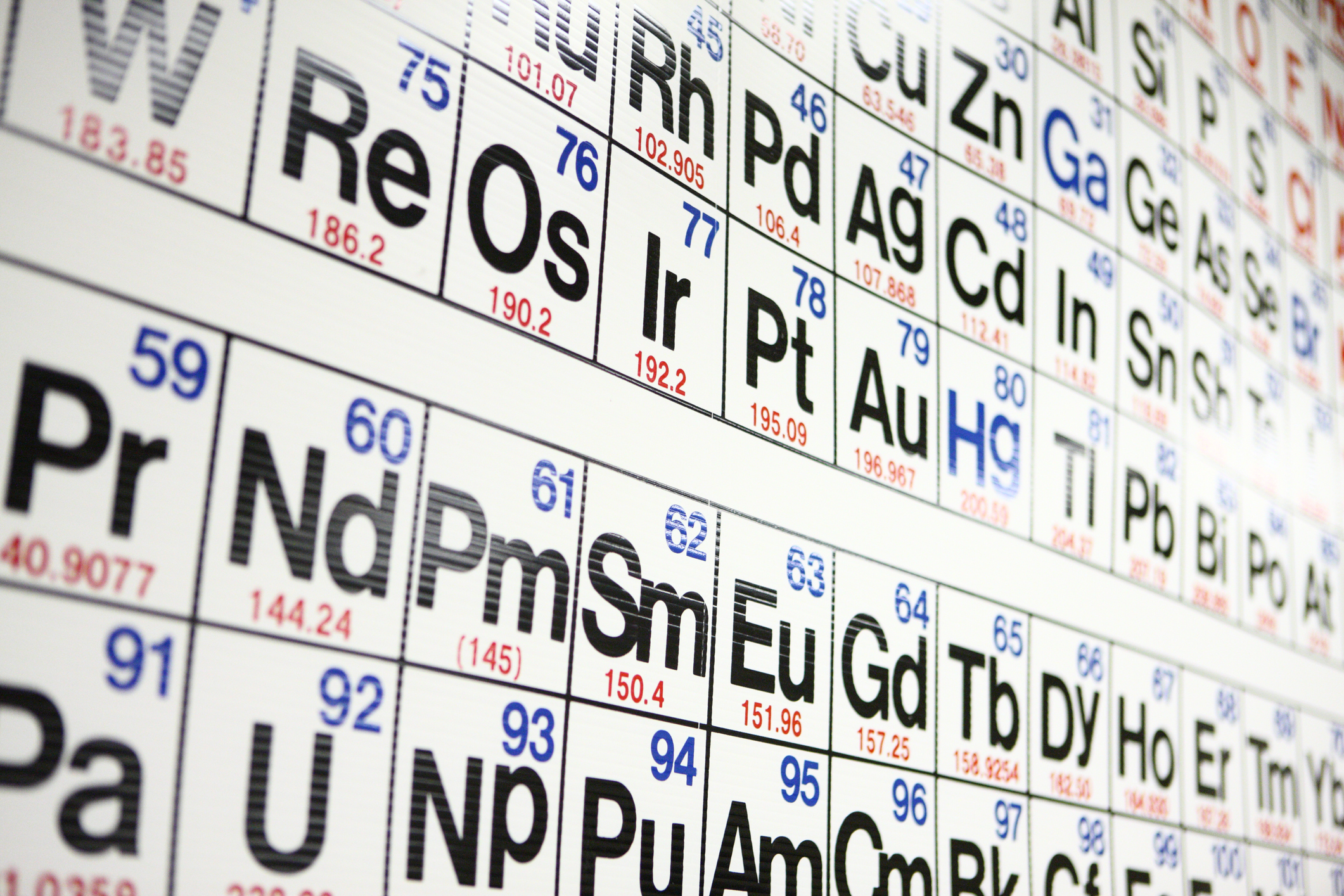Showing 20 results for:
Black Women In STEM
Popular topics
All results
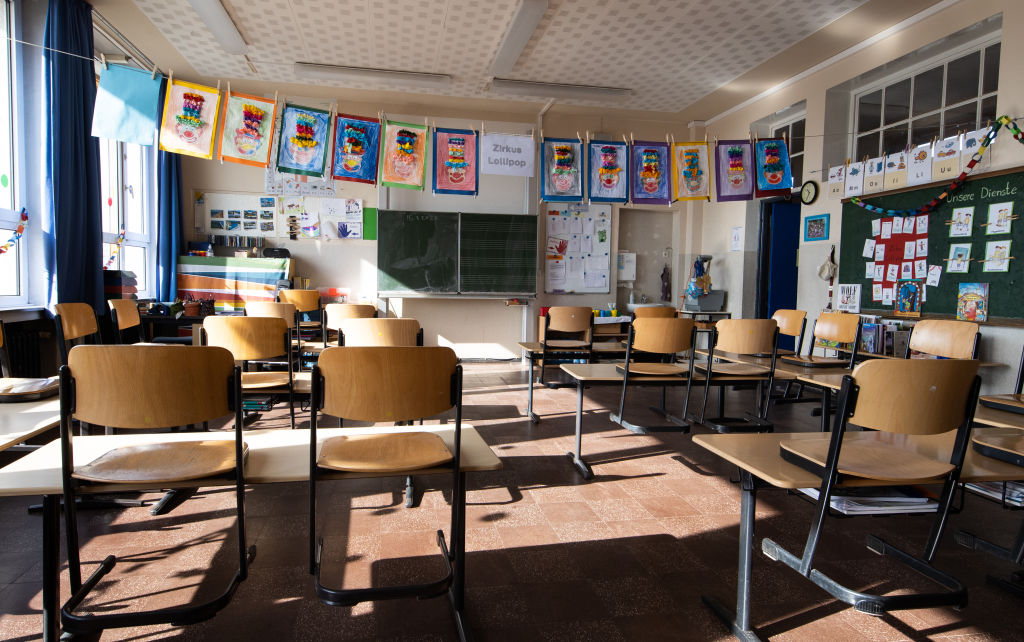
By age 6, children already begin to associate boys with greater aptitude in STEM fields, including computer science and engineering, compared to girls. Such beliefs among girls tend to become deeply ingrained over time. The 74 reported these reports stem from an analysis conducted by the American Institutes for Research, released Monday. This comprehensive review examined nearly 100 studies across 33 countries. David Miller, the lead author and a senior researcher who launched the project five years ago, emphasized that without efforts to address such perceptions, girls may turn away from “fast-growing tech fields like artificial intelligence .” In elementary school, girls comprise about half of the students enrolled in foundational computer science courses. However, the participation drops to 44% in middle school and decreases to 33% in high school, according to The 74. Miller noted that these findings have significant implications for girls’ decisions regarding high school course...
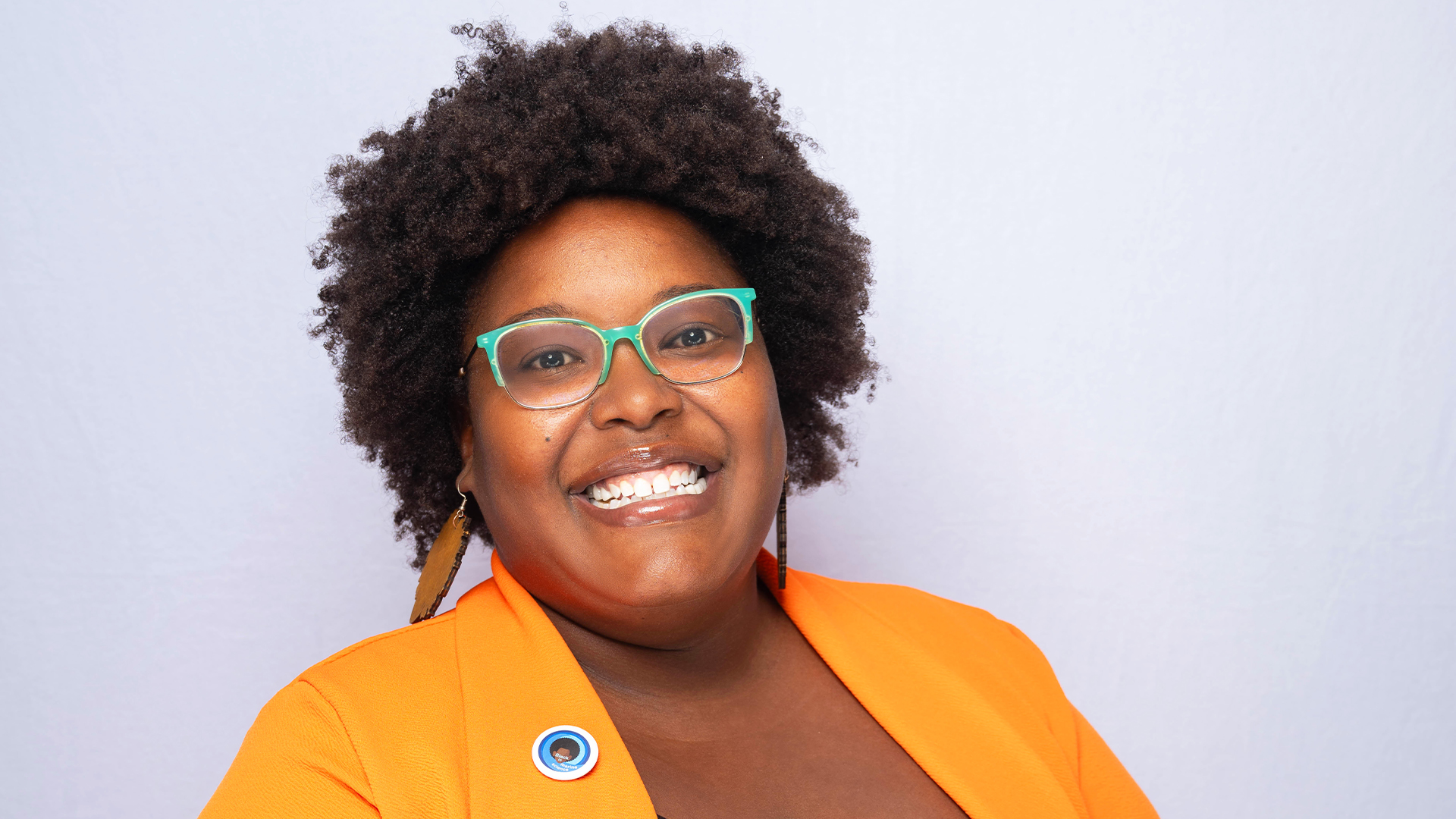
Dr. Tiara Moore has created a community for Black marine scientists. She was born in Philadelphia, PA, and at 18 months, she and her grandmother moved to South Carolina after her mother was sent to spend time behind bars. “She moved us to get us basically out of harm’s way,” Dr. Moore explained to AFROTECH™. Dr. Moore grew up with her grandmother’s children in a modest household. She spent some of her days reading various books, nurturing her interest in education. She also credits “The Cosby Show” with inspiring her to become a doctor. Interest In Marine Biology And Environmental Science Dr. Moore attended Winthrop University in Rock Hill, SC, on a full-ride scholarship and majored in biology with the goal of becoming a pre-med student. However, the reality of being a doctor working in a standard practice settled in, and she decided to pivot to marine and environmental science. “I realized, probably not even a year or two in, that I didn’t like it at all. I didn’t really like the...

Three Black women are making history at North Carolina Agricultural and Technical State University in Greensboro, NC. According to WXII-12 in Winston-Salem, NC, students Kristi Barnes, Maya Odom, and Breyana Robinson have been selected as recipients of the 2023 Astronaut Scholarship. The scholarship is offered by the Astronaut Scholarship Foundation (ASF), which is a 501(c)3 nonprofit organization established in 1984 by a group including the six surviving members of the “Mercury 7,” the U.S.’s first astronauts, per its website. The organization provides over 60 scholarships yearly. Additionally, this scholarship is “among the largest merit-based monetary scholarships” distributed to science, technology, engineering, and mathematics (STEM) undergraduate juniors and seniors.” Those who are recipients are supported with $15,000 and will receive mentorship and guidance from astronauts, top-tier executives, and industry leaders. “I was thankful to get the scholarship,” Odom, an aspiring...
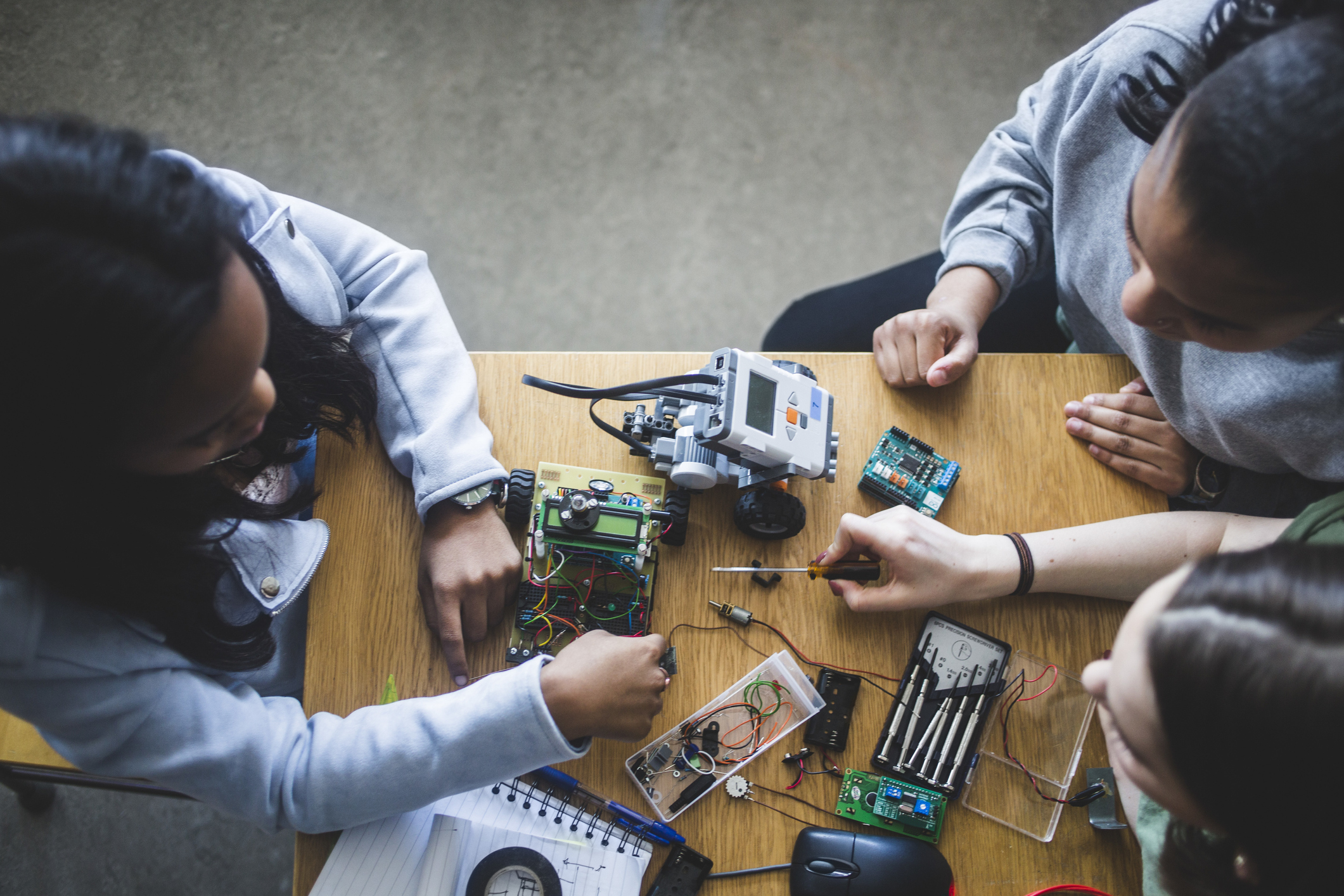
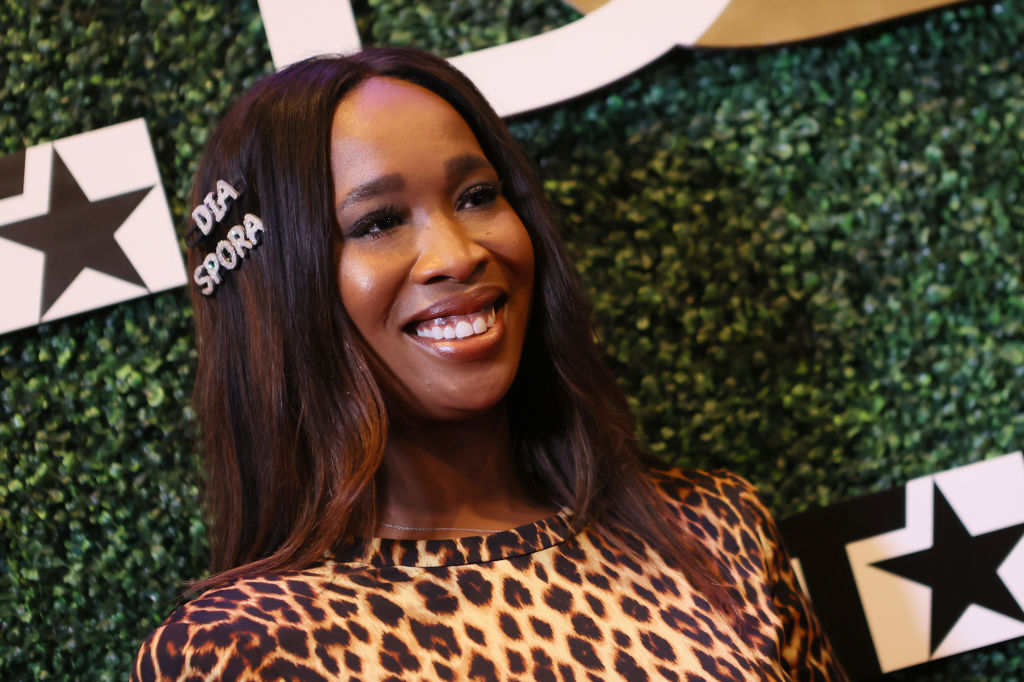
Nowadays, people are more aware that STEM (science, technology, engineering, and mathematics) and STEAM (science, technology, engineering, arts, and mathematics) are not simply the future. Arguably, both are the most important sectors driving economic growth and academic tracks today. From an professional standpoint, both STEM and STEAM are natural segues into the technology industry. With concerns around digital divides and achievement gaps, it is understandable that leaders in the Black community are pushing even harder to ensure that youth and adults, making career pivots have access to opportunity. More importantly, pointing to representation in the tech field gives prospective employees and students choosing academic paths a relatable and attainable goal. Which happens to be the perfect pivot into; currently, women make up 35% of the current tech workforce. This is such a significant improvement from the early 2000’s when women made up approximately 9%. In 2023, women held only...
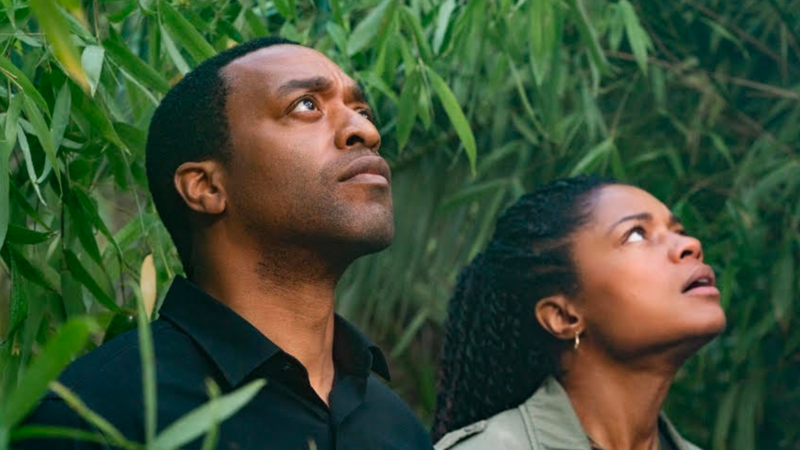
When looking at the lack of Black characters in science fiction, the saying, art imitates life, brings forth a new meaning. Whether turning on the TV or tapping into the real world, a shared truth that connects the two is that there is a lack of Black representation both onscreen and off-screen in STEM. However, Showtime’s “The Man Who Fell to Earth,” demonstrates the importance of showcasing how the Black community excels in science on all fronts. The new sci-fi show follows Faraday (Chiwetel Ejiofor), an alien on a mission to save the planet, who is in need of the help of Justin (Naomie Harris), a single mother that had to hold off on her career as a scientist to take care of her family. Based on Walter Tevis’ eponymous novel and following after the beloved 1976 film that starred David Bowie, “The Man Who Fell to Earth” was created by Jenny Lumet and Alex Kurtzman.
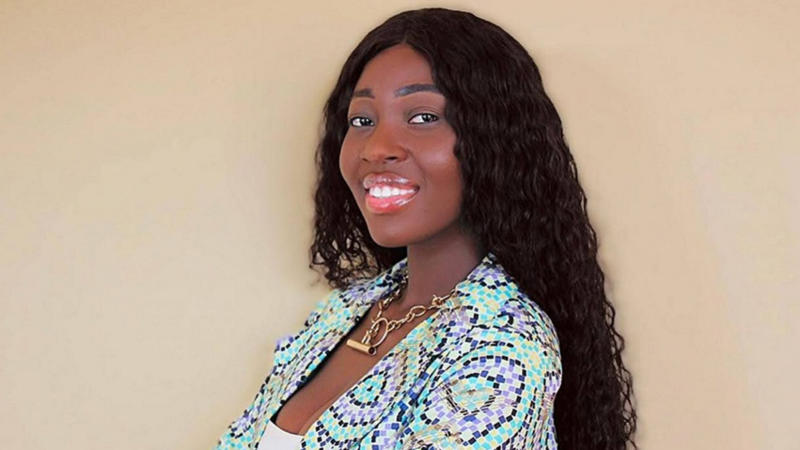
There is a shortage of Black women in the fields of science, technology, engineering, and mathematics (STEM), but this woman is on a mission to make a change that’ll make a difference. Diana Wilson created the nonprofit, Yielding Accomplished African Women (Yaa W) to discover and support Black collegiate women in tech and finance. Now, she’s raising $1 million to equip those same women with the resources that they need to be holistic leaders and achieve their STEM career goals.
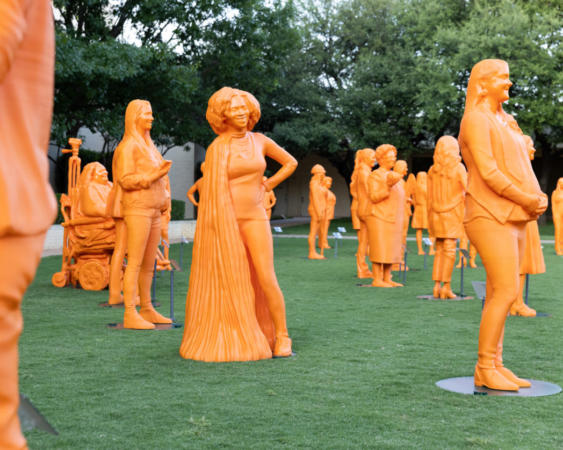
Women’s accomplishments in STEM get overlooked far too often, and for Black women, this fact reigns even more true. It’s not enough to just know these women’s names, sometimes it’s better if we can physically see the women behind our groundbreaking innovations. Lyda Hill Philanthropies® — a nonprofit organization that funds transformational advances in science and nature — and its IF/THEN® Initiative recognized that not only were women not being properly highlighted in STEM, there was also a lack of physical representation that honored them and their work. To resolve this issue, the initiative created the #IfThenSheCan exhibit, which acts as a first-of-its-kind monument for the most life-sized women statues ever assembled in one location at once. The idea behind the exhibit was fueled by IF/THEN®’s discovery that there were less than half a dozen women statues in all the major U.S. cities. Made up of over 120 ambassadors for IF/THEN®, the historic exhibit has set out to activate a...
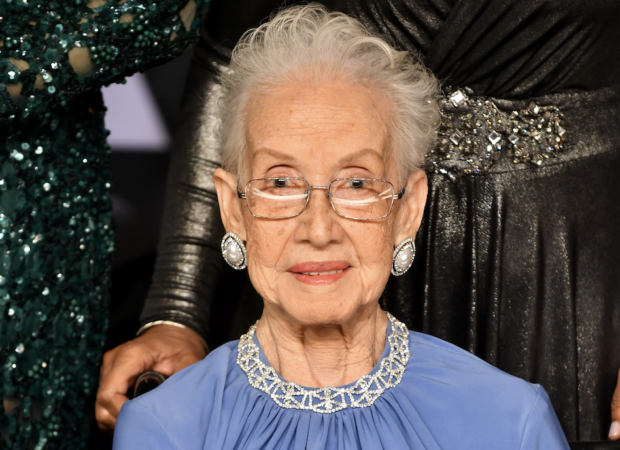
For years, women have been left out of the conversation when it comes to the field of engineering, but these Black women have reshaped the industry like never before. According to a study by the National Society of Black Engineers, “African American women, in particular, are pursuing engineering degrees three times less often than their male counterparts (Slaughter et al, 2015).” Despite the challenges faced, these women have paved and continue to pave the way for Black women to see themselves within the field of engineering. Katherine Johnson Photo Credit: Twitter / @NASA This hidden figure was handpicked as one of the three Black students to integrate West Virginia University’s graduate schools in 1939. Later in her career, she went on to calculate the trajectory that helped the first Americans reach the moon as a NASA research mathematician. Dr. Donna Auguste Twitter / @iamCatoAmir In the early 1980s, Dr. Donna Auguste became a lead software engineer at Apple Computers. Here she...
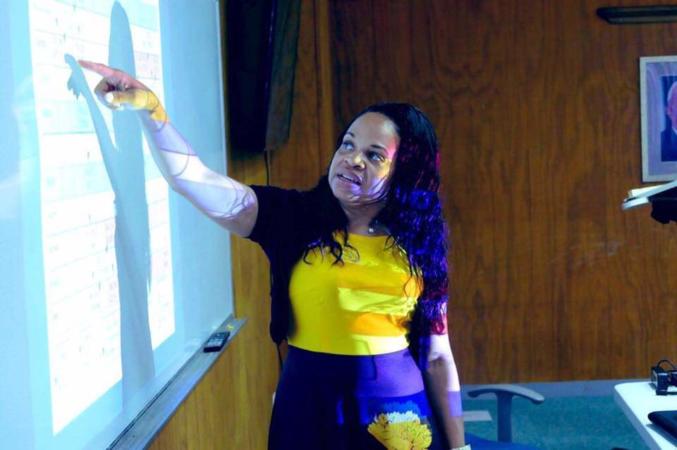
Lifting as she climbs has always been the motto for Dr. Ashanti Johnson. From the outside looking in, it may seem as though she’s done it all! From working as a scientist to serving as an administrator for a nonprofit and even working in the industry at Exxon and Texas Instruments — Dr. Johnson is a woman who has worn many hats. Even down to helping to found and start a charter school system, Dr. Johnson has allowed her background in chemical oceanography to open doors, but what’s been most important for her is helping others along the way. “Although I love the ocean and I love the animals, I enjoy seeing the smiles and satisfaction of everyone that I help to achieve their goals even more,” said Dr. Johnson in an interview with AfroTech. Photo Credit: Courtesy of Ashanti Johnson As the first Black woman to be a chemical oceanographer in the country and the only African American to receive a Ph.D. in chemical oceanography at Texas A&M Galveston, she knows what it’s like to be the...
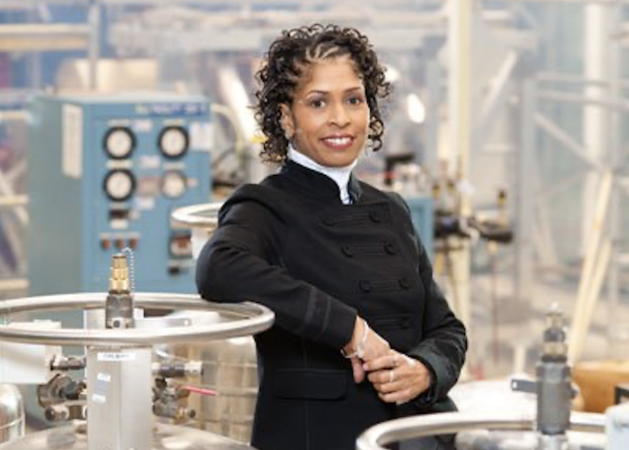
Aerospace engineer Aprille Ericsson-Jackson utilized her life-long career as a trailblazer to break barriers in STEM. It is through her life’s work that she’s been able to open doors for young Black women pursuing paths across science, technology, engineering, and mathematics while also advocating for more diversity. Ericsson-Jackson was born in Brooklyn, New York in 1963. As a child she developed a love for STEM watching Apollo missions and participating in science fairs that would dictate her educational and career choices later down the line. At age 15, she moved to Cambridge, Massachusetts to live with her grandparents and attended the Cambridge School of Weston. From there, Ericsson-Jackson was accepted into the UNITE (now MITE—Minority Introduction to Engineering, Entrepreneurship, and Science) program that set her up to pursue a B.A. degree in aeronautical/astronautical engineering at the Massachusetts Institute of Technology (MIT), Face2Face Africa reports. She continued her...
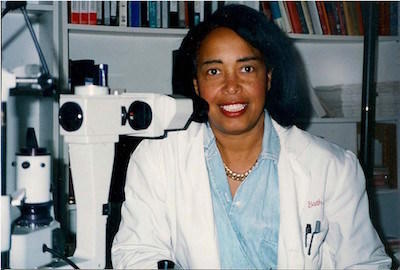
Although Black women have contributed to STEM in more ways than a little bit, they are still grossly underrepresented in the field. In 2016, Black women reportedly only made up a mere 2.9 percent of students earning bachelor’s degrees in STEM. Today those numbers have increased thanks to pioneers like Dorothy Vaughan, Mary Jackson, and Katherine Johnson whose stories were brought to light in the hit film, “Hidden Figures.” Here are five women who also shattered glass ceilings and accomplished anything they put their minds to in STEM. Dr. Patricia Bath As the first Black doctor to land a medical patent for the laserphaco probe, a device uses to treat cataract patients, Dr. Bath became the first Black woman to complete an ophthalmology residency in the U.S. She was also the first to document that Black people suffered blindness at alarming rates compared to other racial groups. Soon, the late Dr. Bath could become the first Black woman to be inducted into the National Inventors Hall...


